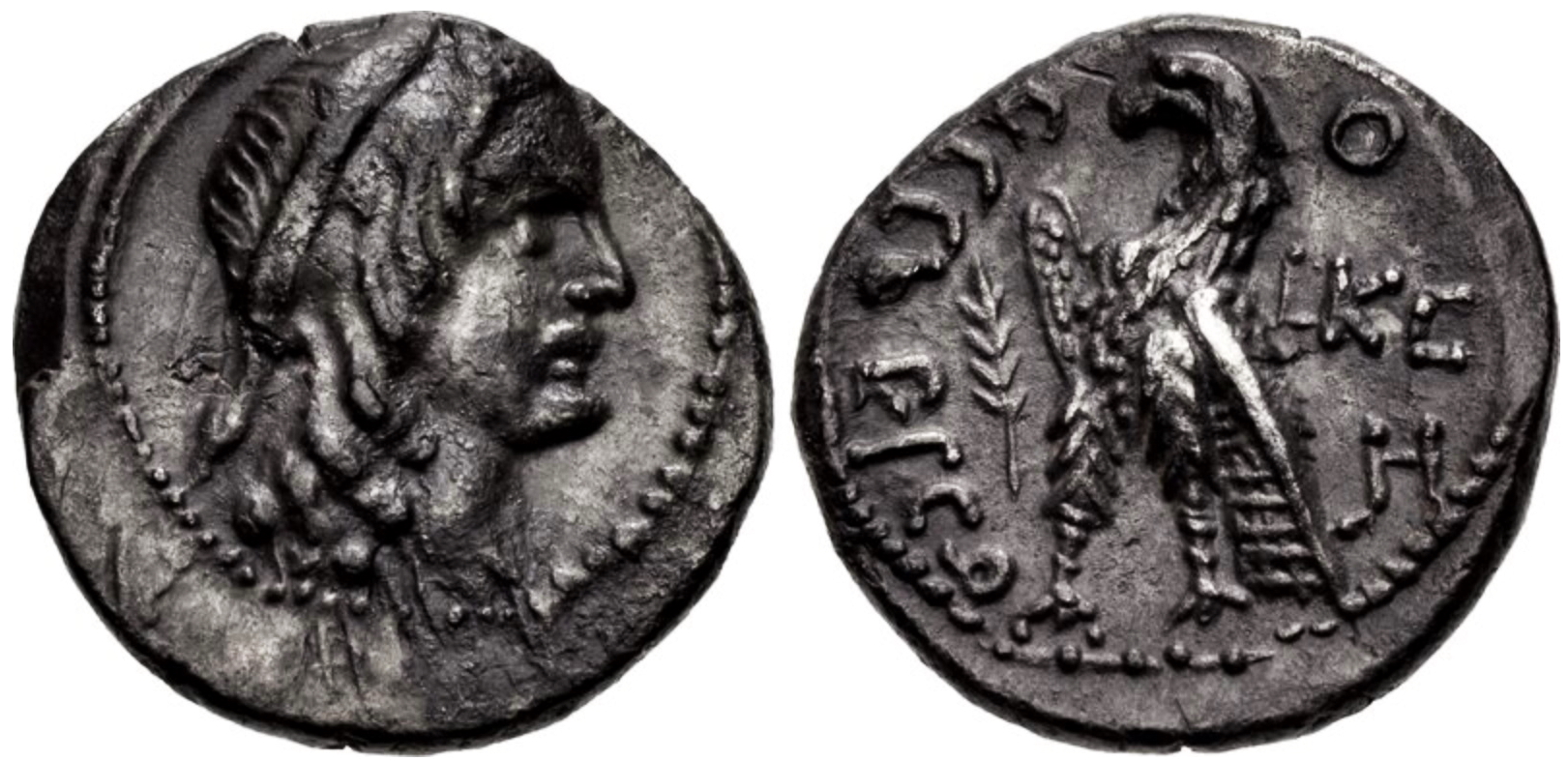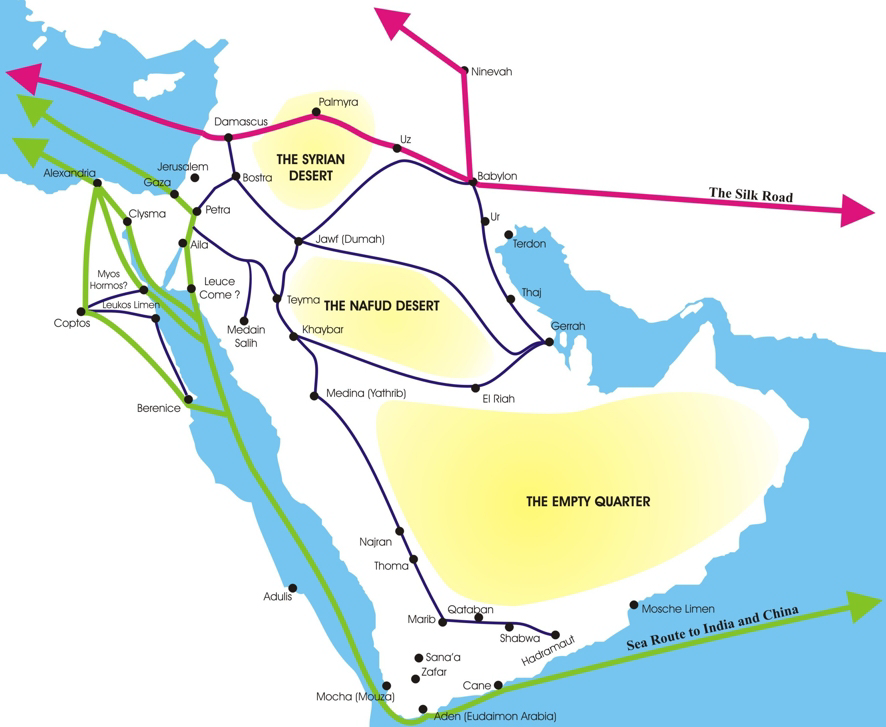|
Malichus
Malichus is a given name. It may refer to: * Malichus I, a king of Nabataea who reigned from 59 to 30 BC. * Malichus II, a king of Nabataea who reigned from 40 to 70 AD. * Malichus, assassin of Antipater the Idumaean See also * List of Nabataean kings The Rulers of Nabataea, reigned over the Nabataean Kingdom (also rendered as ''Nabataea'', ''Nabatea'', or ''Nabathea''), inhabited by the Nabateans, located in present-day Jordan, southern Syria, southern Israel and north-western Saudi Arabia. Th ... * Malchus (other) {{given name ... [...More Info...] [...Related Items...] OR: [Wikipedia] [Google] [Baidu] |
Malichus I
Malichus I or Malchos I (Nabataean Aramaic: ''Malīḵū'' or ''Malīḵūʾ'') was a king of Nabataea who reigned from 59 to 30 BC. Malichus was a possible cousin of Herod the Great of the Herodian kingdom. When Herod fled Judea in 40 BC to escape imprisonment by the Hasmonean ruler Antigonus II Mattathias, who had already imprisoned his brother Phasael, he first traveled to the court of Malichus. However, Malichus I turned Herod away, as the Nabataean king was politically aligned with the Parthian Empire, which viewed Herod as a client ruler of the rival Roman Republic. Herod then decided to take refuge instead in Alexandria, at the court of Cleopatra VII of Ptolemaic Egypt. Malichus I eventually came into conflict with Cleopatra VII after her lover and Roman triumvir Mark Antony granted her Nabataean territories in the Gulf of Aqaba along the Red Sea, which had long been used as a staging ground for Nabataean raids on Ptolemaic lands. After a bitter open conflict betwee ... [...More Info...] [...Related Items...] OR: [Wikipedia] [Google] [Baidu] |
Malichus II
Malichus II (Nabataean Aramaic: ''Malīḵū'' or ''Malīḵūʾ'') was ruler of Nabatea from 40 to 70 AD. Malichus' reign is sometimes perceived as a period of declining Nabataean power, but this view depends in part on Nabataea having controlled Damascus in the period 34–40. The Romans had, however, diverted the routes of spice and perfume cargo shipments to Egypt. Rome was very powerful, so Malichus cooperated. In 66, a Jewish revolt occurred in Judaea. Malichus sent 5,000 cavalry and 1,000 infantry to help the Emperor Titus crush the rebellion. Malichus II died in AD 70,Jane Taylor: ''Petra And the Lost Kingdom of the Nabataeans''. I. B. Tauris 2001, , p. 73 () and was succeeded by his son, Rabbel II Soter, initially under the regency of his widowed queen Šagīlat II. See also *List of rulers of Nabatea The Rulers of Nabataea, reigned over the Nabataean Kingdom (also rendered as ''Nabataea'', ''Nabatea'', or ''Nabathea''), inhabited by the Nabateans, located in ... [...More Info...] [...Related Items...] OR: [Wikipedia] [Google] [Baidu] |
Antipater The Idumaean
Antipater I the Idumaean, he, ''‘Ānṭīpāṭrūs'' (born 113 or 114 BCE, died 43 BCE) was the founder of the Herodian Dynasty and father of Herod the Great. According to Josephus, he was the son of Antipas; Hebrew: אנטיפס) and had formerly held that name. A native of Idumaea, a region southeast of Judah in which the Edomites settled during the classical period, Antipater became a powerful official under the later Hasmonean kings and subsequently became a client of the Roman general Pompey the Great when Pompey conquered Judah in the name of Roman Republic. When Julius Caesar defeated Pompey, Antipater rescued Caesar in Alexandria, and was made chief minister of Judea, as Judah became known to the Romans, with the right to collect taxes. Antipater eventually made his sons Phasaelus and Herod the governors of Jerusalem and Galilee, respectively. After the assassination of Caesar, Antipater was forced to side with Gaius Cassius Longinus against Mark Antony. The pro ... [...More Info...] [...Related Items...] OR: [Wikipedia] [Google] [Baidu] |
Nabataean Kingdom
The Nabataean Kingdom (Nabataean Aramaic: 𐢕𐢃𐢋𐢈 ''Nabāṭū''), also named Nabatea (), was a political state of the Arab Nabataeans during classical antiquity. The Nabataean Kingdom controlled many of the trade routes of the region, amassing large wealth and drawing the envy of its neighbors. It stretched south along the Red Sea coast into the Hejaz, up as far north as Damascus, which it controlled for a short period (85–71 BC). Nabataea remained an independent political entity from the mid-3rd century BC until it was annexed in AD 106 by the Roman Empire, which renamed it Arabia Petraea. History Nabataeans The Nabataeans were one among several nomadic Bedouin tribes that roamed the Arabian Desert and moved with their herds to wherever they could find pasture and water. They became familiar with their area as seasons passed, and they struggled to survive during bad years when seasonal rainfall diminished. Although the Nabataeans were initially embedded in Aramaic ... [...More Info...] [...Related Items...] OR: [Wikipedia] [Google] [Baidu] |
List Of Nabataean Kings ...
The Rulers of Nabataea, reigned over the Nabataean Kingdom (also rendered as ''Nabataea'', ''Nabatea'', or ''Nabathea''), inhabited by the Nabateans, located in present-day Jordan, southern Syria, southern Israel and north-western Saudi Arabia. The queens of the later Nabataean Kingdom figure side by side with their husbands as co-rulers on their coins. List See also *Lists of office-holders References {{Reflist Sources''Jewish Virtual Library''*Martha Ross, ''Rulers and Governments of the World – Vol1, Earliest Times to 1491''. London & New York: Bowker Publishing Company, 1978. Nabataean monarchs Nabatea Nabataeans Nabatea Nabatean The Nabataeans or Nabateans (; Nabataean Aramaic: , , vocalized as ; Arabic: , , singular , ; compare grc, Ναβαταῖος, translit=Nabataîos; la, Nabataeus) were an ancient Arab people who inhabited northern Arabia and the southern Lev ... [...More Info...] [...Related Items...] OR: [Wikipedia] [Google] [Baidu] |


